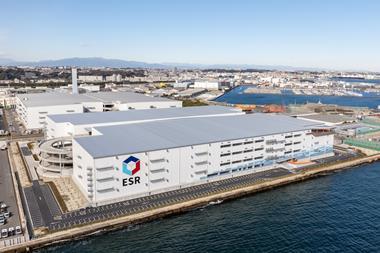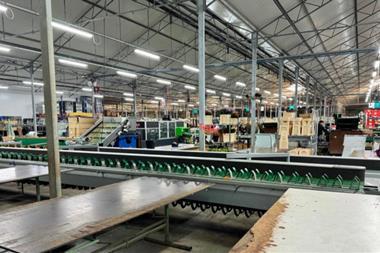GERMANY - German pension funds are approaching real estate project developers regarding possible alternative real estate investments, Fay Projects has told IP Real Estate.
According to Wolfgang Heid, managing director of medium-sized German real estate developer Fay Projects, pension funds were eager to access core property before it was bought up by investment fund companies.
"There might be a certain amount of dissatisfaction with the large players, as they are criticised for putting top-level objects in their mutual funds rather than the Spezialfonds for institutionals," Heid said.
He confirmed that Fay Projects had been approached by two Versorgungswerke - first-pillar funds for self-employed workers - which are considering financing an undisclosed development before shifting the finished object into their respective real estate portfolios.
However, regulatory uncertainty currently surrounds the issue of whether these pension funds can invest directly in project developments, or only seek exposure via a fund structure.
Heid said Fay Projects was "open for any solution" and added that he expected deals with the pension funds in question to be reached in one or two years.
He added that the Versogungswerke had also approached other project developers, hinting that such an approach was sensible when considering the complexities of developments.
However, he said the lack of prior experience posed less of a problem as the two schemes had previously invested in real estate project developments and were aware of the risks.
He did not anticipate smaller pension funds would follow suit and team up to finance developments, as they would then be faced with the problem of how to divide up the asset.
Heid explained that, before the crisis, Fay Projects was able to get 100% bank financing for some of the projects, but that the financial institutions were now often reluctant to provide more than 70% of funding.
"From 2009-10, more ways of acquiring outside financing opened up, with more investors focusing on the higher-yielding sector of mezzanine financing," he said.
But with a current project volume of €450m and projects valued between €40m and €120m, the financing opportunities were too small for larger insurers.
Therefore, Heid said he was hoping pension funds would discover such investments, but noted that the "ways and means" to bring the investors and the projects together "still [had] to develop".












